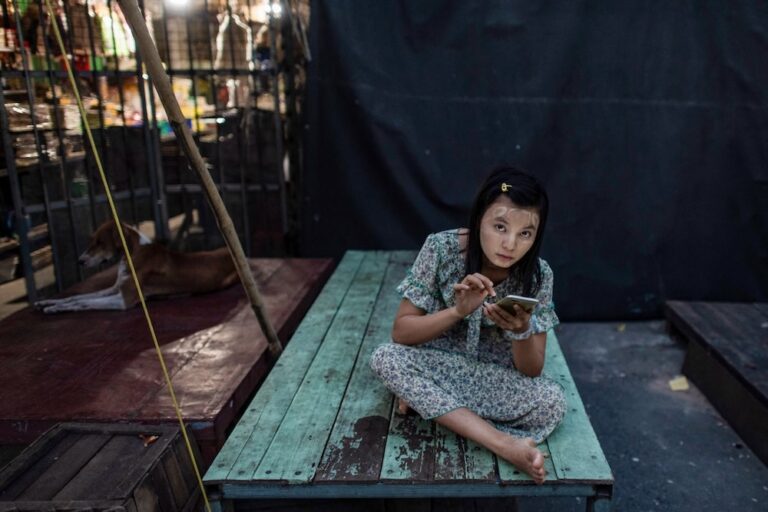(SEAPA/IFEX) – On 16 August 2005, the Burmese Ministry of Information’s Press Scrutiny and Registration Division (PSRD) blocked the “Myanmar Times” from publishing a Burmese translation of an article on new publishing licence regulations in the country, according to well-informed sources in Rangoon. The banned article, scheduled for the paper’s 18 August edition, dealt with […]
(SEAPA/IFEX) – On 16 August 2005, the Burmese Ministry of Information’s Press Scrutiny and Registration Division (PSRD) blocked the “Myanmar Times” from publishing a Burmese translation of an article on new publishing licence regulations in the country, according to well-informed sources in Rangoon.
The banned article, scheduled for the paper’s 18 August edition, dealt with the new publishing licence regulations issued by the ministry on 1 August.
Under new publishing rules, the PSRD can block the transfer of a publishing licence from one publisher to another. The new rules also tighten control over authorised publications’ editorial teams.
The new regulations, however, were only published in “Myanmar Times”, which runs bilingual news and commentary in English and Burmese languages every week.
“Apparently the military junta does not want Burmese readers to know about its new restrictive policy. It doesn’t care about the English version, which tends to be read mostly by expatriates in Burma,” said the sources.
Ironically, the publishing rules are part of new press censorship regulations that PSRD director Maj. Tint Swe says offers concessions to the media in return for a more proactive approach to supporting the junta. Maj. Tint Swe earlier told the “Myanmar Times” that new censorship policies put in force in July will allow for a more flexible environment for media reporting. He had said that negative reports and commentary about China, India and the Association of Southeast Asian Nations (ASEAN) will still be banned, but suggested that critical reports on Burmese government projects may be tolerated as long as criticisms are deemed “constructive.”
He added that media coverage of natural disasters and poverty, previously banned, will also be allowed so long as the reports do not affect national interest.
Recent developments in Burma suggest, however, that nothing has changed in the junta’s censorship regime. Worse, some members of the Burmese media community suggest that the situation continues to deteriorate.
On 5 August, “Irrawaddy Magazine”, an independent Burmese news publication operating in exile in Thailand, quoted journalists inside Rangoon as saying that the overall the situation was deteriorating, despite official assurances of “more flexible censorship policies.”
In July, none of the Burmese media reported on Burma’s decision to forgo its rotating chairmanship of Asean in 2006 in response to pressure from the international community.
On 16 August, the censorship board also banned local journalists from reporting about looting in a pagoda. (A Buddha tooth relic, reportedly worth about 50 million kyat or US$50,000, was said to have been among the items stolen from the pagoda, which is located near the heavily guarded villa of the military junta head.)


